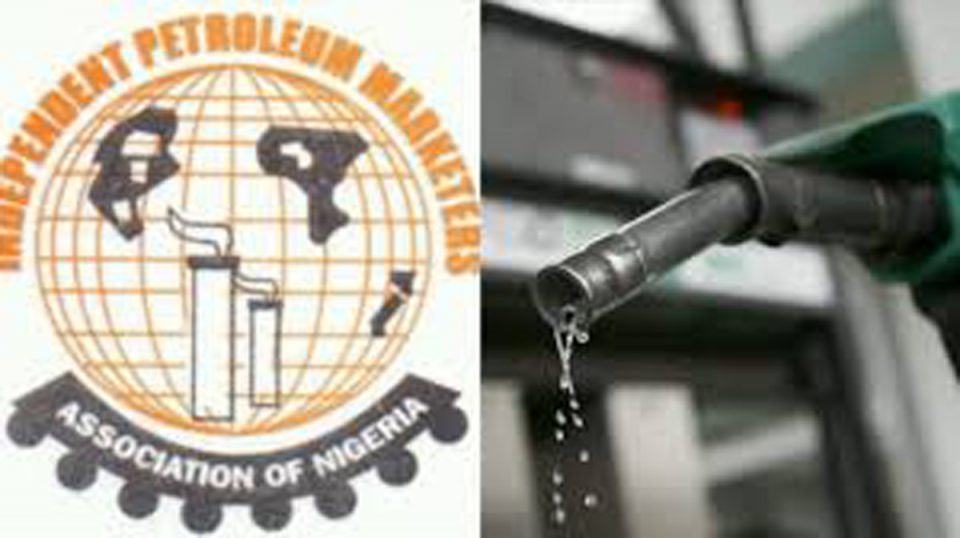IPMAN condemns NMDPRA incessant operational tariff increase
By Yunus Yusuf
The Independent Petroleum Marketers Association of Nigeria (lPMAN) says the incessant increase in tariff by the Nigerian Midstream and Downstream Petroleum Regulatory may hindered the success of oil subsidy removal.
Alhaji Debo Ahmed, National President, IPMAN, who condemned the authority’s arbitrary increase in a statement issued on Tuesday in Lagos, said that the increase could also affect the overall business environment of the downstream sector.
Ahmed said that the arbitrary and excessive nature of these increases not only discourages potential investors by creating a barrier to entry, but it also burdens existing businesses.
According to him, the resultant cost is transferred to the consumers, affecting the pricing structure of petroleum products, ultimately impacting the public.
“Those that are already in the business will pass the cost to the consuming public and definitely affect the cost of products.
“NMDPRA is unnecessarily hysteria on operational tariff increase because that is the easier job that the authority thinks they can do to gather inflow of funds for their use not minding the implication it will have on the pricing structure of products in the market.
“Personally, I think NMDPRA, as a government agency supervising the operational activities of the downstream sector of the oil industry, will also serve as agent to advise the Federal Government on the way to succeed on this removal of oil subsidy,” he said.
Ahmed noted that the recent spike in diesel pricing and the mounting unpaid bills emanating from the old Petroleum Equalisation Funds demonstrated the tangible impact on stakeholders in the downstream sector
“Why can’t the authority advise the Federal Government to pay the marketers, as some of these marketers have overseas partners who can accept Naira, backing for their imports of diesel and relieve the pressure on the dollar and bring down the high cost of diesel.
“In economics, payment of internal debts increase the economic activities of a country and lessen the attention given to the dollar.
“When internal economic activities boom, it generates employment and spurs up the value of the local currency,” Ahmed added.
“IPMAN as an association will advise the authorities to look critically into the tariff increase, which will not help the oil subsidy removal.
“Between 2020 and 2023, NMDPRA has increase some, if not all, of its operational tariffs to over 600 per cent and added other unnecessary tariffs, generating lines to the already existing ones,” Ahmed added.
He cited an example that calibration per tank, which usually charged N20,000 per tank, had been increased to N150,000 per tank, which is about 650 per cent.
He said that the pressure testing, which cost N20 000 per tank, had also increased to N150,000 per tank, respectively.
Ahmed pointed out that the cumulative effect of these tariff increases was imposing considerable financial burdens on both existing and new stations.
According to him, renewing a license for an existing station could amount to over N2 million, while new stations might face expenses exceeding N4 million.
The implications of these tariff hikes are broader, as they impact gas operations as well.
Ahmed expressed concerns about a new five per cent sales tax on the sales or acquisition of a filling station, which he believes could discourage sales, mergers, and acquisitions within the industry.
Ahmed explained that these tariff increases are counterproductive to the goal of deregulation, intended to attract more investors, open the market, ensure product availability, and offer consumers choices.
He emphasised the importance of fostering an open market that encourages business transactions and economic activity, similar to the model seen in the American economy.
The president suggested that NMDPRA might not fully grasp the broader economic implications of their actions, particularly in additional special charges in certain states that were imposed on new station construction or operation.



